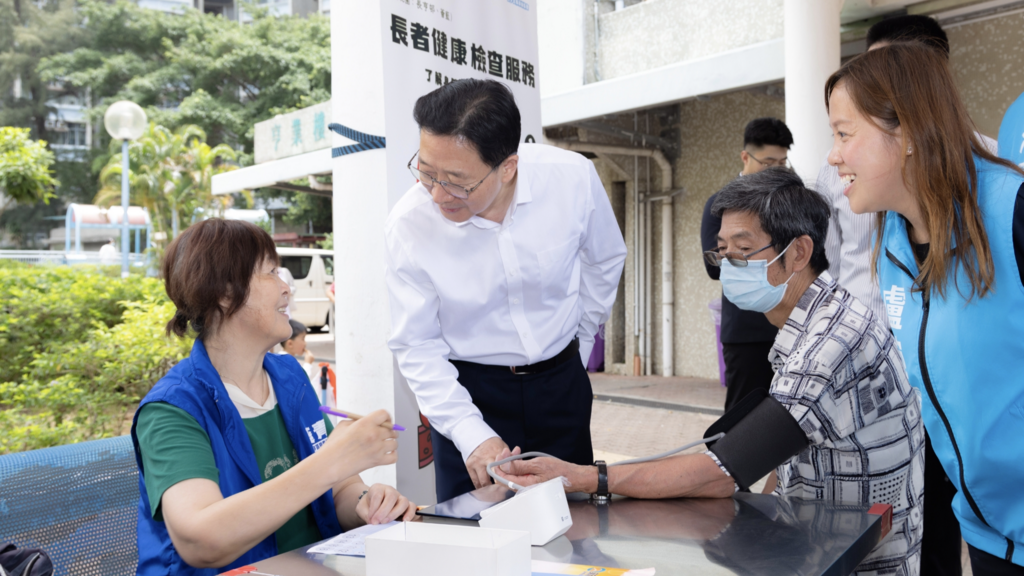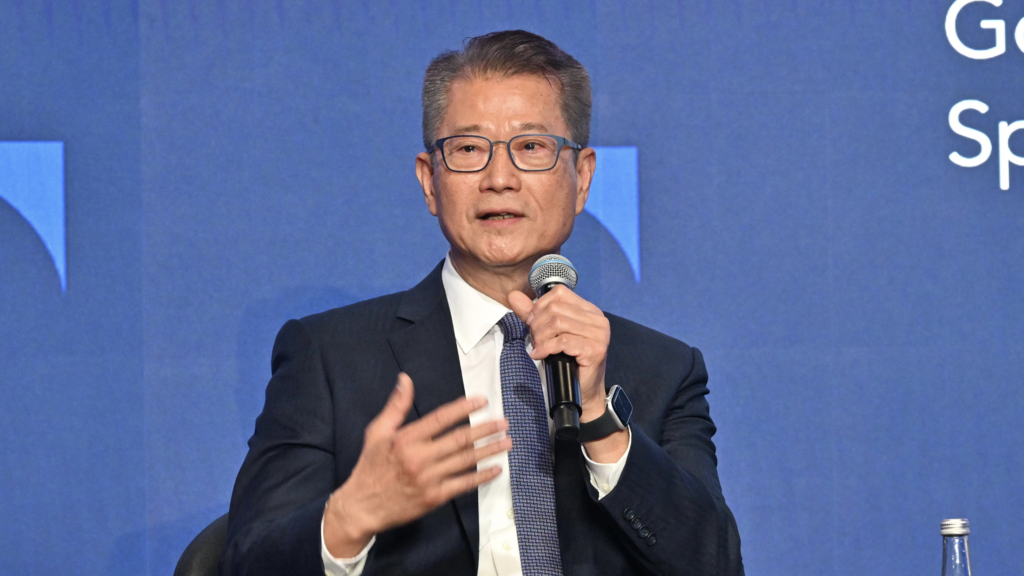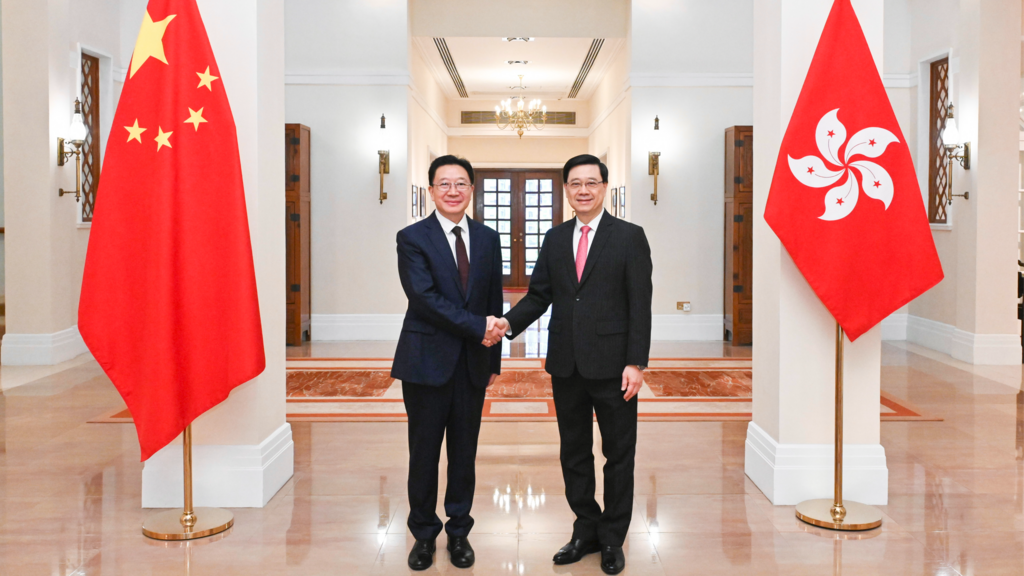文|江樂士
5月30日,行政長官李家超在國際調解院成立儀式開幕式上致辭。這場歷史性盛會吸引了外交部長王毅及80余國代表、約20個國際組織(包括聯合國)參與。李家超稱這是香港的“莫大榮譽”,強調這座城市“築橋而非築牆”的特質。
此言非虛。香港健全的法律體系使其成為替代性爭議解決的理想平台。李家超闡釋國際調解院將“為不同文化、語言和法律體系的國家提供基於相互尊重的國際爭端解決途徑”,這一願景令人矚目。
憑藉區位優勢、法治根基與國際視野,香港已發展成為仲裁調解服務重鎮,尤其在商業糾紛解決領域表現突出。1997年以來,特區政府積極推動替代性爭議解決機制(ADR)成效顯著。國家“十四五”規劃明確支持香港建設亞太區國際法律及爭議解決服務中心,這一戰略已見成效。
在中國等主張共商共建原則的國家完成《建立國際調解院公約》談判後,各方商定於5月30日在香港舉行簽署儀式(後續將進入成員國批准程序),並確定國際調解院總部永久落戶香港。這座前灣仔警署歷史建築內的現代化辦公區即將竣工,屆時該機構將成為享有外交特權的獨立國際組織——全球首個專門通過調解解決國際爭端的政府間法律組織,其意義無論怎樣強調都不為過。
這也是首個總部落戶香港的國際組織,使香港與海牙國際法院、常設仲裁法院等機構比肩。儘管中央政府對香港始終寄予厚望並不離不棄,如今這份信任終得回報令人欣慰。仲裁與調解猶如一枚硬幣的兩面。雖同爲成本高昂民事訴訟的替代方案,但存在顯著差異:仲裁需雙方在締約時約定由獨立仲裁員裁決爭議,其決定具終局約束力;調解則更為靈活,調解員通過促成對話推動雙方達成協議但不直接裁決。在這兩個領域,香港都是公認的領軍者。根據2025年倫敦瑪麗女王大學國際仲裁調查,香港與新加坡並列亞太區首位,全球僅次於倫敦位列第二。這些成就充分彰顯香港在複雜國際環境中的韌性。
儘管仲裁歷史更悠久,但調解正日益凸顯價值。香港國際仲裁中心指出,調解已成為“解決複雜爭議的卓越管理工具”。事實上,《聯合國憲章》明確規定可能危及國際和平的爭端應優先通過談判、調解等和平方式解決。前祕書長潘基文也曾強調調解是預防、管理和解決衝突的最有效手段之一。這意味着香港的調解實踐正與全球願景同頻共振,站在了歷史正確的一邊。
調解術可應用於國家間爭端、國民涉外糾紛及企業商業爭議等多場景。在香港設立提供頂級調解服務的專業機構,必將惠及各方,尤其有利於中國與全球投資夥伴(包括那些希望在內地開展業務的企業)。
國際調解院的成立對香港意義非凡。它向世界宣告:這座城市已成功擺脫2019-2020年企圖破壞“一國兩制”的行徑帶來的陰霾,不僅重返國際舞臺,更在持續增強影響力。
(作者係香港前刑事檢控專員,資深大律師、法學教授)
GRENVILLE CROSS:Hong Kong proves mediation credentials
On May 30, the Chief Executive, John Lee Ka-chiu, addressed the opening ceremony of the Establishment of the International Organization for Mediation (IOMed). It was an historic occasion, attended by Foreign Minister Wang Yi and the representatives of over 60 countries and about 20 international bodies (including the UN), and Lee called it a “great honour” for the city, which was a place that “builds bridges, not walls”.
This was no exaggeration, and Hong Kong’s renowned legal system makes it an ideal venue for alternative dispute resolution. Lee also explained how the IOMed would “provide a pathway for countries, regardless of culture, language and legal system, to resolve international disputes based on mutual respect and understanding,” which was visionary.
By making the most of its geographical location, rule of law foundations and cosmopolitan mindset, Hong Kong has flourished as a global centre for arbitration and mediation services, notably in the settling of commercial disputes. Since 1997, the Hong Kong SAR Government has actively promoted alternative dispute resolution (ADR), with considerable success. The National 14th Five-Year Plan also supported Hong Kong’s development as a center for international legal and dispute resolution services in the Asia-Pacific Region, and this has borne fruit.
Once China and other countries that believe in the principles of discussion and co-development successfully concluded their negotiations on the Convention on the Establishment of The International Organization for Mediation, it was agreed that the signing ceremony would be held in Hong Kong on May 30 (followed by the ratification processes of the participating countries).
It was also agreed that the IOMed’s headquarters would be established in Hong Kong. This was a huge feather in the city’s cap, and state-of-the-art premises are nearing completion in the historic former Wanchai police station. Once operational, the IOMed will be an independent international organization enjoying diplomatic privileges, the significance of which cannot be overestimated. It will be the world’s first global intergovernmental legal organization dedicated to resolving international disputes through mediation.
It is also the first time an international body has been headquartered in Hong Kong. This places the city in the same bracket as the International Court of Justice and the Permanent Court of Arbitration of the United Nations in The Hague. Although Beijing always had high hopes of Hong Kong, and stuck with it in good times and bad, it is heartening that its faith in the city is now being rewarded.
Arbitration and mediation are inter-connected, and have been called two sides of the same coin. While they are both alternatives to civil litigation, which can be exorbitantly expensive, there are nonetheless clear differences.
If arbitration is selected, the parties, when they enter into a contract, agree to letting an independent arbitrator adjudicate in the event of dispute. The arbitrator will normally be an expert in the particular area, and his or decision is, like a court judgment, final and binding on the parties.
However, mediation is less formal, and the process is entirely consensual. The mediator identifies the issues, considers possible solutions, promotes contacts between the two sides, and seeks to promote an agreement. Unlike an arbitrator, a mediator does not take a final decision, but facilitates an outcome agreeable to both parties.
Whether in regard to arbitration or mediation, Hong Kong is now an acknowledged trailblazer. According to the 2025 Queen Mary University of London International Arbitration Survey, Hong Kong is ranked first with Singapore in the Asia-Pacific Region, and joint second, after London, as the most preferred seat of arbitration worldwide. By any yardstick, these are formidable achievements, and they speak volumes to Hong Kong’s resilience in an increasingly complex global environment.
Although arbitration has been around for longer, it is now being nicely complemented by mediation, which has fully come into its own. The Hong Kong International Arbitration Centre (HKIAC) says mediation “has proven an outstandingly successful management tool for resolving difficult disputes.” In consequence, its profile is rising inexorably, and Hong Kong has more than stepped up to the plate.
Indeed, the United Nations Charter stipulates that any dispute likely to endanger the maintenance of international peace and security should first be addressed through negotiation, mediation, or other peaceful means. In 2012, moreover, the then UN secretary general, Ban Ki Moon, explained that mediation was one of the most effective ways to prevent, manage and resolve conflicts. What this means, therefore, is that Hong Kong’s mediation efforts have aligned it with global aspirations, and placed it on the right side of history.
Mediation is a practical example of how disagreements can be amicably resolved in various situations. It may, for example, be invoked to resolve disputes between states, or disagreements between a state and foreign nationals, or, more conventionally, commercial disputes between companies. The establishment of a dedicated facility offering mediation services of the highest quality in Hong Kong will undoubtedly be beneficial for various sectors and parties. It will also be of particular value to China and its investment partners worldwide, including anybody wanting to do business in the Chinese mainland.
The establishment of the IOMed is no mean feat for Hong Kong and its people. It tells the world the city has bounced back successfully from the attempts to destroy its “one country, two systems” policy in 2019-20. It is also a vivid indicator that Hong Kong is not only back in business, but is also going from strength to strength.
Grenville Cross is a senior counsel and law professor, and was previously the director of public prosecutions of the Hong Kong SAR
















 查看更多
查看更多










